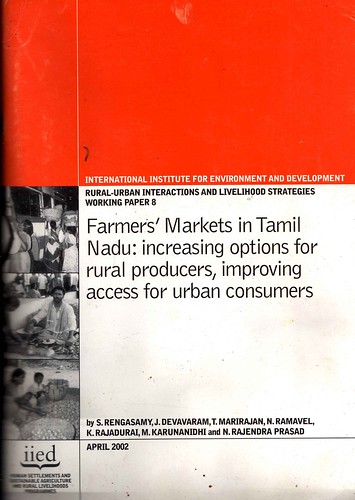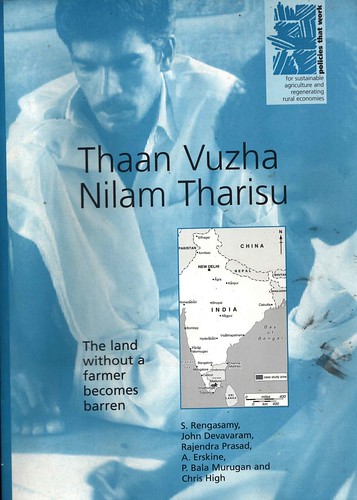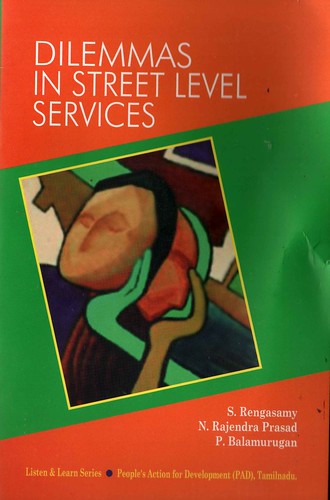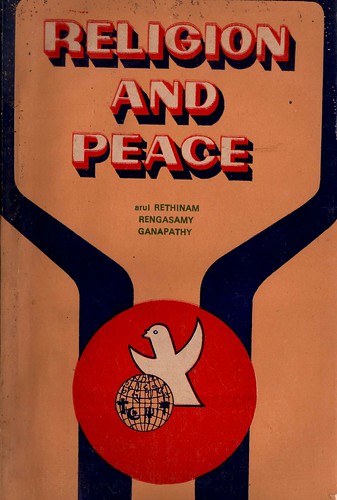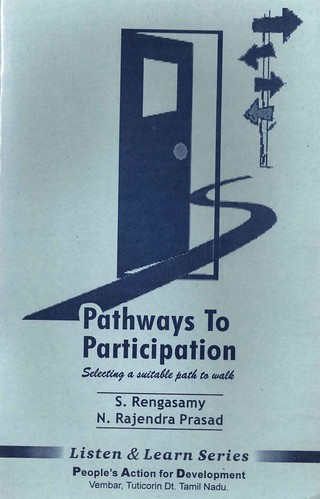When I ask my students to read more than the material given in the class room or write assignments, they don’t think of the college library but of the browsing center. Of course they are not totally wrong in their attitude, because a library functioning with a limited budget can’t provide materials related to the newly introduced programs/emerging concepts. With their limited computer skills many of the students could not get worthy material for the time and amount they spend in the browsing center. For example to get relevant material for JNNURM program a student has spend more than 5 hours and 150 rupees. No doubt it is taxing the students. Besides there is an inequality exists in using the internet resources between the rich and poor students, between boys and girls because girls are expected to return to the hostel/home before 8 pm. That made me to collect the addresses of useful sites so that whenever we demand them to refer additional resources, we can advice them to go to a specific site, so that students can use the internet resources much more efficiently. This may sound funny for the students from elite institutions where the UGC itself is subsidising many facilities of their college through which students are benefited. Rich is becoming richer and the poor are becoming poor is also true as far as academic institutions are concerned. The elite institutions where the economically better of are studying are subsidizing certain services to their students through grants and projects.
The addresses given in this site may not be relevant or may be obsolete for those students who do their community development in the so called elite institutions. These addresses aimed at those students doing their MSW course in institutions where there is no subsidized IT facilities are not available.
The addresses will grow depending on the demands of the students
Following is the list of useful websites and other resources for student’s reference
Following is the list of useful websites and other resources for student's referenceThe addresses given in this site may not be relevant or may be obsolete for those students who do their community development in the so called elite institutions. These addresses aimed at those students doing their MSW course in institutions where there is no subsidized IT facilities are not available.
The addresses will grow depending on the demands of the students
Following is the list of useful websites and other resources for student’s reference
Government of India
Ministry of Rural Development Government of India
Ministry of Housing and Urban Poverty Alleviation
National Institute of Urban Affairs
Goverment of Tamilnadu
Departments
Rural Development & Panchayat Raj Department
Housing and Urban Development Department
Human Rights
Introduction to Human Rights
Human Rights Commission - India
Wikipedia Reference - Basic reference about India - By clicking the subtopics and links therein students can access voluminous information.The side bar Republic of India provides the basic information. Information is presented under 12 headings.Each heading has links that provide detailed information
1 Etymology 2 History 3 Government 4 Politics 5 Foreign relations and military 6 Subdivisions (also about States for ex Tamilnadu) 7 Geography 8 Flora and fauna 9 Economy 10 Demographics 11 Culture 12 Sports

